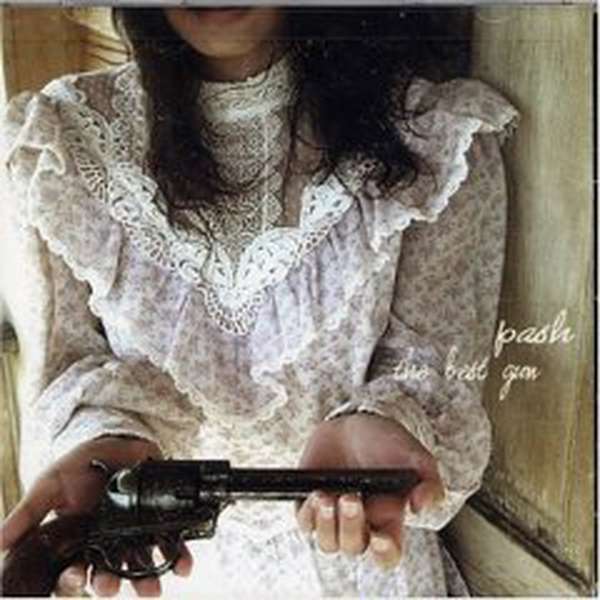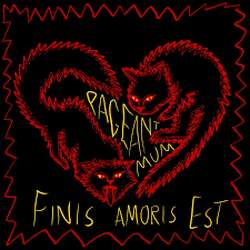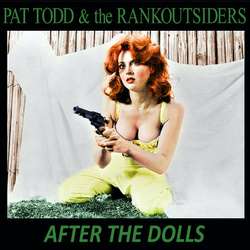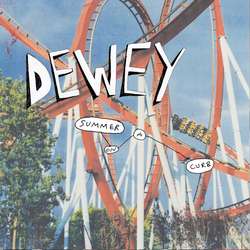There are two basic guidelines to follow when being apart of the D.C. punk scene: the first is that it is absolutely necessary to be a vegan, straight edge, and a bike messenger, or at least a combination of two of those, or else you're going to feel a bit alienated. I for one think this is really fucking stupid, which is probably the reason why I only hang out with four or five people when I go to shows. The second guideline is really fucking stupid too, but it's one that I and the majority of people involved in the D.C. scene follow, and that is to not be negative about any band that comes out of the D.C. area. Granted almost all of the bands that do call the greater D.C. area as home are good, but it doesn't take away from the fact that D.C. does not hate D.C. bands. Ever. With that being said, I'm not going to hate on Pash, but I'm not going praise the daylight out of them either.
Pash plays traditional indie-rock with all the hooks and jangles, and with vocal duties being handled by Maria Munoz. While Munoz is the greatest aspect of the band, she can also be the biggest turnoff on the album. Her voice is beautiful and pure without a doubt, but at times it seems as if she should be playing solo with an acoustic guitar, not being backed by a full band.
There are moments on The Best Gun that shine through with brilliance. "What Do We Always Say" shows Pash at their best, with a discordant opening that progresses to a more airy and poppy indie-rock song. Munoz's voice shows it's range with highs and lows, and drumming that complements the song well throughout. "The Best Gun" can be haunting, as Munoz slowly sings, "Baby I'm gonna find you the best gun money can buy / so don't say that I don't love you anymore." One of the best songs on the album actually sees Munoz absent from the song, with the drumming shining through again and a dark bass line ever present.
The main problem with The Best Gun is that there are not many redeeming aspects to it. There are not many reasons to keep listening, to keep giving the band your attention. One of the main reasons for this is the fact that Munoz can seem out of place throughout the album. Unlike female singers that front rock bands that fully command the band, with Karen O of the Yeah Yeah Yeahs immediately coming to mind, Munoz can seem uncomfortable in her role. She is able to shine when the band slows and quiets itself down, as in the band's closing song "Cosmopolitan," where she is more comparable to label-mates Hope and Anchor more so than her indie-rock contemporaries. However, when things speed up and become more rock based, Munoz can become lost in the noise.
There are really two options I can see Pash following in order to progress and hone their sound: The first would for Munoz to simply break away from the band, playing solo and leaving the bass and guitar players to assume vocal duties. The second, as mentioned above, is for the band to play slower, folk based music and let Munoz's voice show its true capabilities. The second option is obliviously more plausible and more attractive, as there is obvious talent present; it's only a matter of changing things up to expose it.



